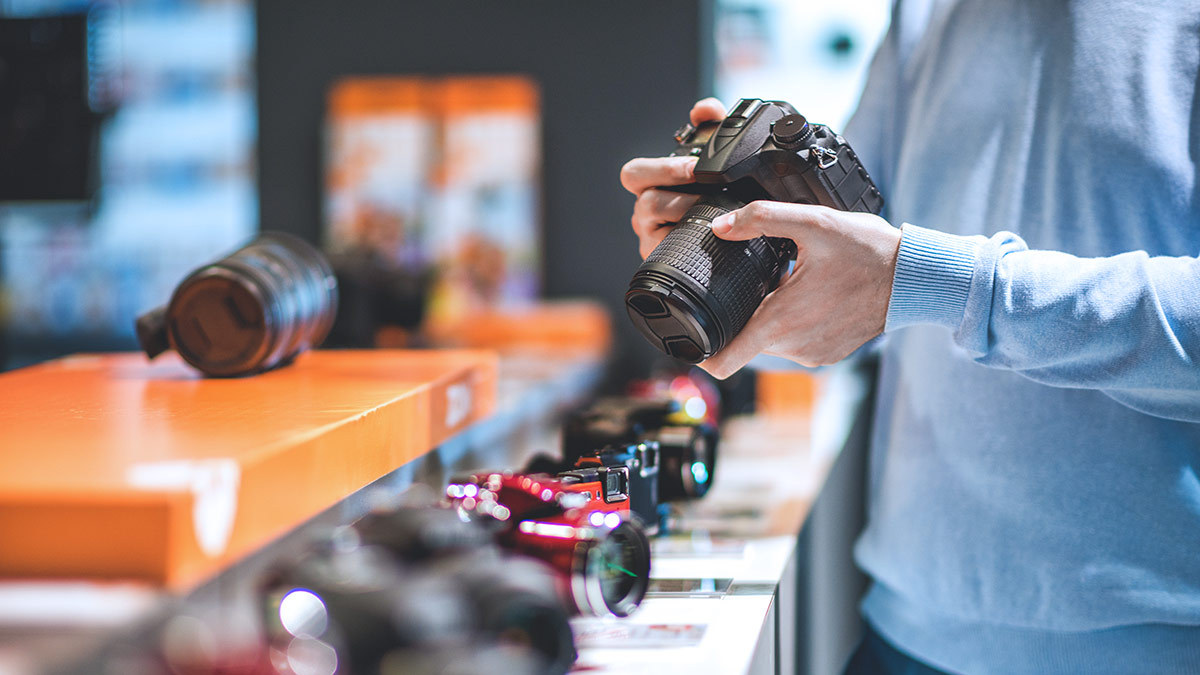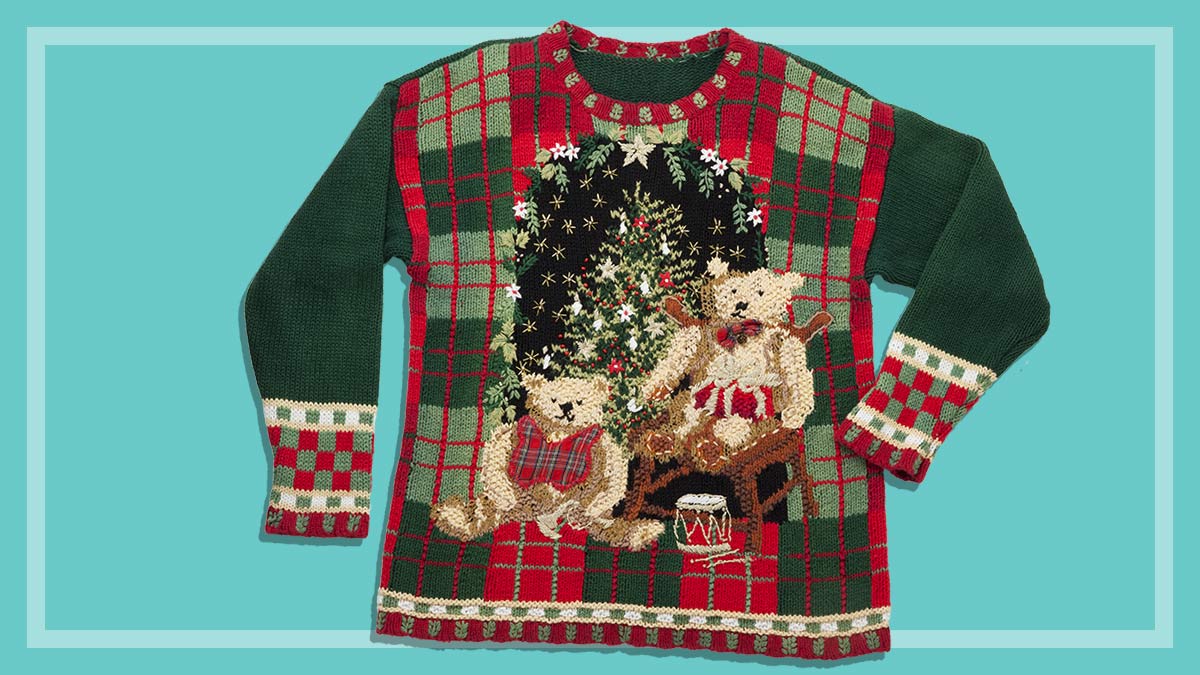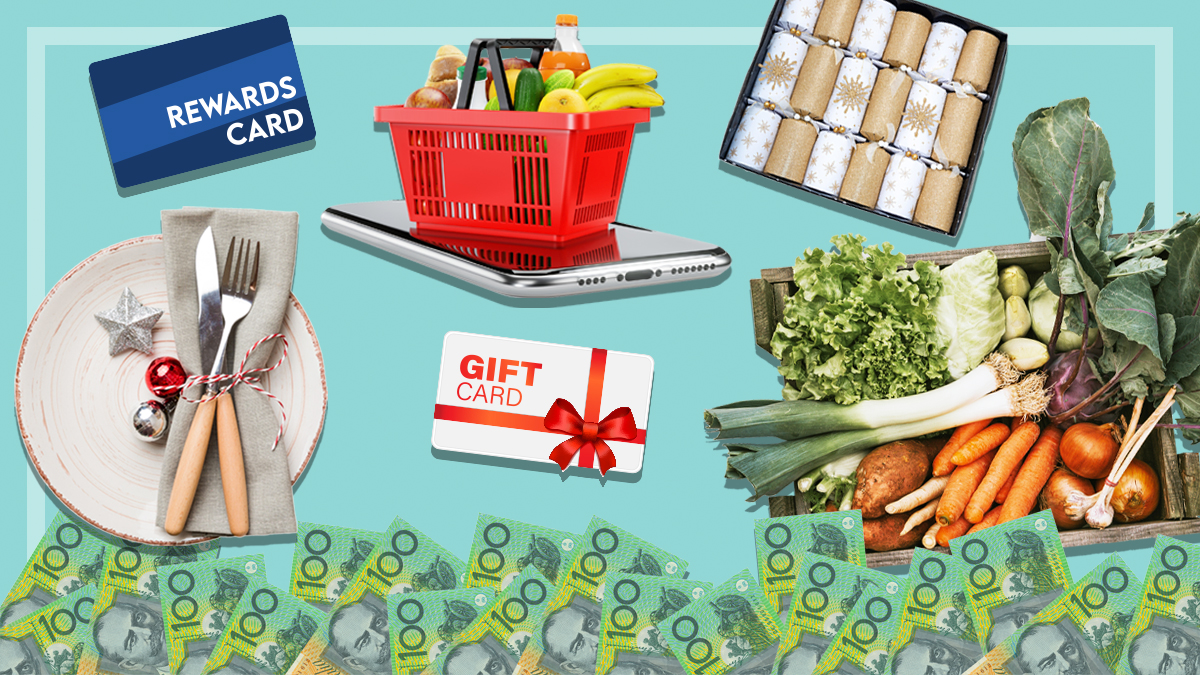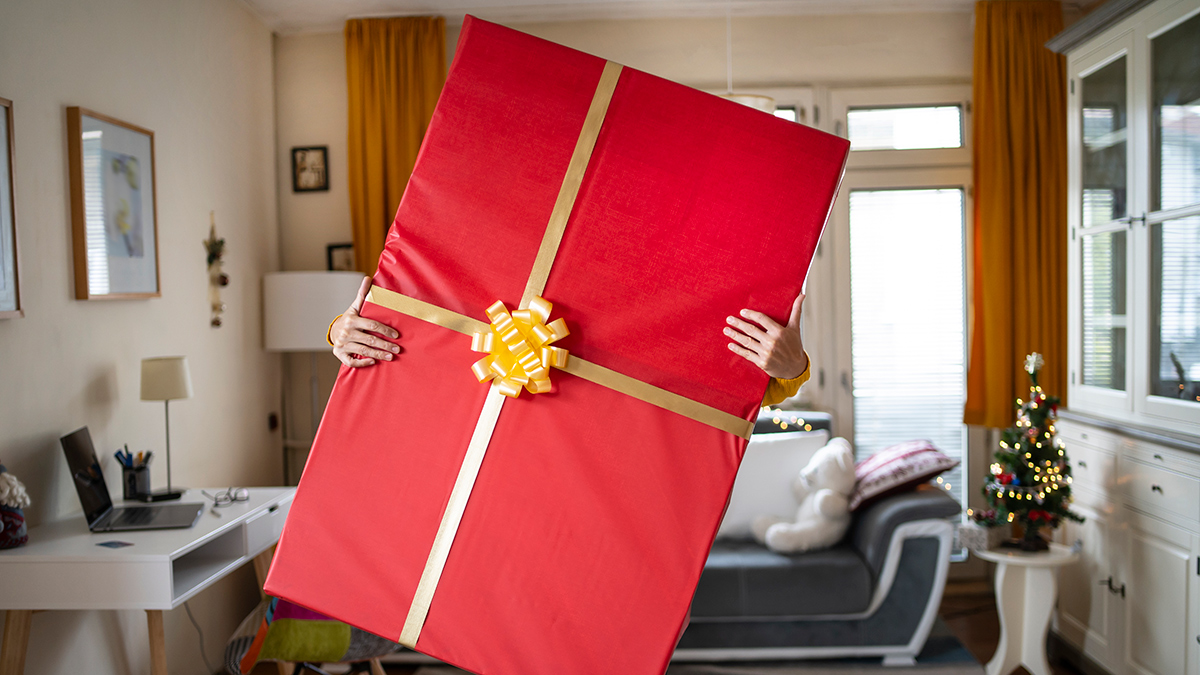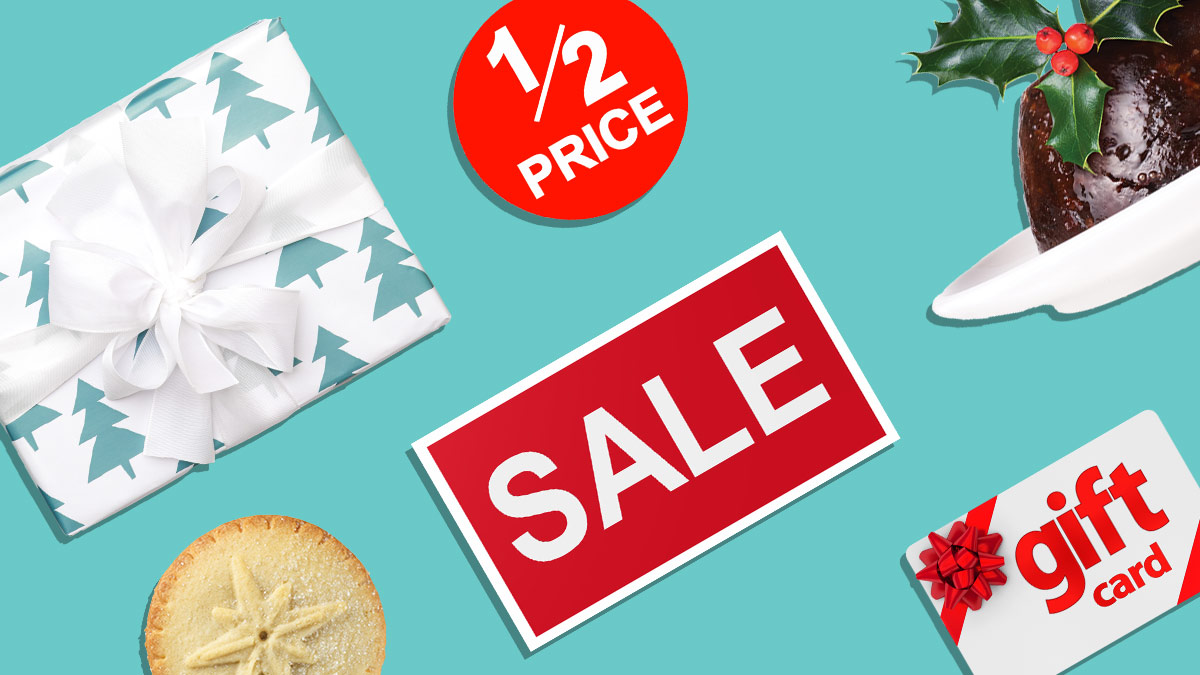Get our independent lab tests, expert reviews and honest advice.
Should you buy Christmas presents now?
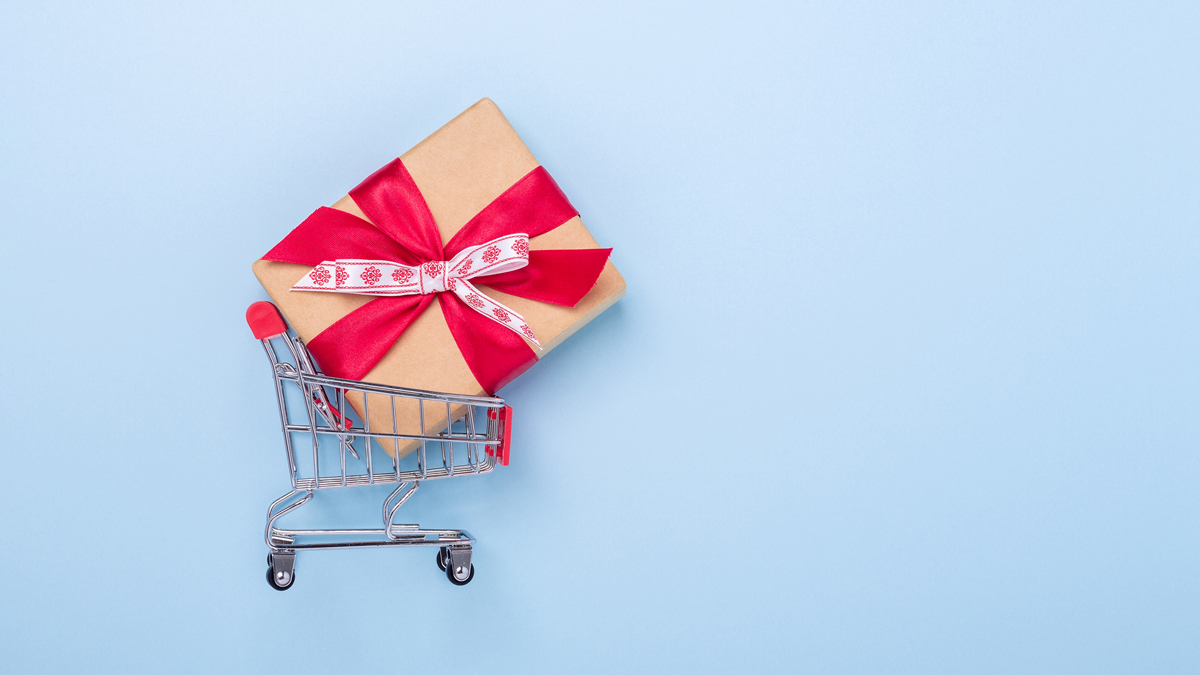
The COVID-19 pandemic has disrupted freight movement all over the world. At the same time, we’ve been doing more and more online shopping, which can be particularly vulnerable to faltering supply chains.
On this page:
- Why are retailers having so much trouble getting stock from overseas?
- Why you should do your Christmas shopping earlier this year
- What about Christmas food?
- Alternative ways to give gifts
As the busy Christmas season approaches, retailers and supply chain experts are warning that empty shelves and stock shortages could mean Santa isn’t able to get hold of every gift he wants to put under the tree this year.
In short, you should be shopping for Christmas as early as possible. Here’s how to navigate what’s shaping up to be a challenging silly season.
Why are retailers having so much trouble getting stock from overseas?
“There’s one reason – the pandemic,” says Dr Hermione Parsons, director of the Centre for Supply Chain and Logistics at Deakin University, Victoria.
“It’s created serious problems in air freight and serious problems in sea freight. And because Australia is an island nation, we have been seriously hit.”
There’s one reason – the pandemic. It’s created serious problems in air freight and serious problems in sea freight
Dr Hermione Parsons, Centre for Supply Chain and Logistics, Deakin University
Border closures, restrictions to flights and shutdowns due to COVID-19 outbreaks have created critical shipping and supply disruption all over the globe. In August, the world’s third busiest port, Ningbo in China, closed for two weeks because of a spate of COVID cases.
Freight coming from the west coast of the USA, an important trading hub for Australia, is riddled with ongoing delays partly caused by restrictions on flights coming into Australia.
Priority imports
What limited freight space we do have is sensibly being given to priority imports, such as vaccines, medical supplies and other emergency items, including spare parts and components.
“That means someone wanting to buy a dress or a piece of jewellery or whatever they want to buy via e-commerce is probably going to have to wait until airfreight capacity – in the belly of passenger flights – increases sufficiently to enable the transportation and logistics of less critical items for our country,” says Parsons.
Domestic disruption
And it’s not just international freight that’s affected. Transport of goods within Australia has also been hampered by state border closures, occupational health and safety issues, and sheer overload.
“Border closures create a backlog,” Parsons says. “And every time there’s a backlog it takes time to catch up.”

Why you should do your Christmas shopping earlier this year
There are three main reasons you should be starting that Christmas shopping now.
First, retailers big and small are experiencing unprecedented shortages of stock, as well as shortages of parts and materials to make their products.
Second, the work of Australia Post and couriers is being hampered and delayed by internal border restrictions.
Third, we’re shopping online more than ever before – Australians spent $3.7 billion online in July alone, a new record for a single month.
Christmas 2020 also broke records, with Australia Post delivering 52 million parcels in December. The national carrier also told CHOICE “early indications are that this Christmas will be our biggest yet”.
Stiff competition
All this means you’re competing with a lot of other consumers – not just for the products themselves, but also for the delivery services that get those products to your door.
So the earlier you can get your shopping done, the more likely you are to bag the products you want.
“The key message for consumers is to be prepared and don’t leave your Christmas shopping to the last minute,” says CEO of the Australian Retailers Association, Paul Zahra.
“While a reopening is on the cards in locked-down parts of the country in the coming weeks and months, these supply-chain issues are likely to be with us right through to Christmas, so consumers should consider shopping early to avoid disappointment.”
Items ordered… then cancelled
CHOICE buying co-ordinator Sonja Scodeller has had issues when buying products online – the order will be accepted, only for it to be cancelled a day or two later and a refund issued.
“It seems stores can’t keep up with stock levels either in store or online, therefore can’t update quantities quickly enough,” she says.
“If possible, I suggest doing a ‘click and collect’ from the store, or you could ring and put things on hold or pay over the phone. That way you can be sure of getting the product in the timeframe required.”
Check delivery times and return policies
It’s also helpful to double check delivery times directly with retailers, making sure they can guarantee that your order will reach you on time. Generic delivery times on websites are a good start, but if you have any doubts, pick up the phone or send an email.
“It’s also worth checking the store’s return policy,” says CHOICE buyer Narelle Cornelius. “Has it been extended due to slow delivery, so you have enough time to return it?”
This also applies to overseas stores, or stores that look like they’re in Australia but ship from overseas.
“Buying now and trying to organise a refund or swap after Christmas might not be possible,” says Cornelius. “So before you buy, think carefully about what you want or need, as well as sizing for clothes.”
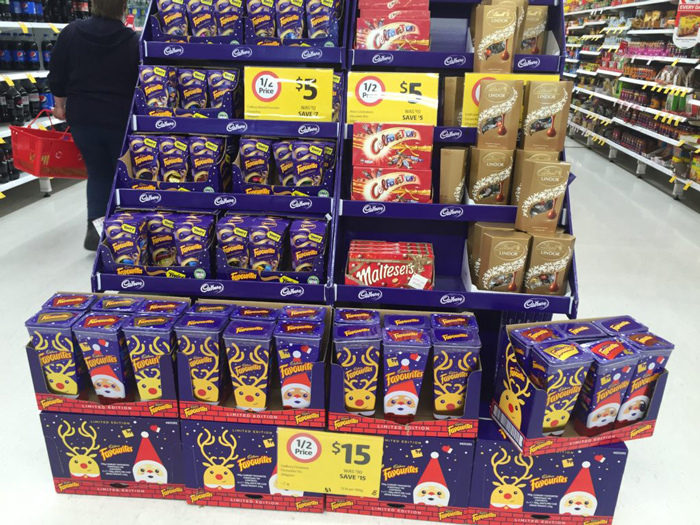
What about Christmas food?
If you’re one of those people who hates the sight of Christmas food appearing in supermarkets as early as September or October, this could well be the year to shelve your irritation and snap it up instead.
That’s because some experts predict that food supply-chain problems could also make it hard to get hold of festive foodstuffs from overseas.
‘Potentially empty shelves’
“With Christmas quickly approaching, consumers might notice sparse or potentially empty shelves when stocking up,” says David Aherne, CEO and managing director of freight forwarding company Across The Ocean Shipping.
“Unfortunately, the side effects the global pandemic is incurring on the shipping and logistics industry are being felt in Australia’s major supermarkets with imported items such as frozen berries, prawns and even coffee beans being held up at major ports.”
Plan ahead, buy local
Again, the answer is to plan ahead and buy local where you can. Order hams, turkeys, seafood and puddings as far in advance as possible so you don’t miss out. And keep an eye out for those early supermarket Christmas product drops.
Woolworths, for example, is already stocking Christmas items such as its own-brand mince pies, iced fruit cake and plum puddings – although keep an eye on their best before and use-by dates if you plan to store them for December 25.
Alternative ways to give gifts
It’s the nightmare-at-Christmas scenario: you’ve left it too late, the shelves are bare and online retailers are plastered with ‘Sold Out’ signs. What are your options?
1. Make it yourself
Baked or bottled or stitched or drawn: handmade items created with love are always appreciated.
And you don’t need to be a crafting or cooking expert to get started. CHOICE home economist Fiona Mair‘s recipe for microwave strawberry jam is easy to follow – and it even scored higher than the store-bought options in our strawberry jam taste test.
2. Buy second-hand products
Scour second-hand stores for quirky finds that ooze personality.
“Shopping in online marketplaces such as eBay, Gumtree and Facebook Marketplace are another way to find a unique gift, and you can often get a great deal on items,” says CHOICE consumer expert Marianna Longmire.
“But be careful when buying second-hand appliances or children’s items – you might end up with an older model that wasn’t subject to safety standards when it was first sold. It’s also worth checking Product Safety Australia to see if it’s been subject to a recall.”
3. Give the gift of experience
Why does a gift have to be an object? Buy a voucher for a hotel or restaurant instead. Not only are many of us itching to get back into travel and eating out after months of uncertainty, but the hospitality industry needs support as well. Two birds, one stone.
4. Shop locally
Shop directly from your local stores and prepare to be flexible, rather than having your heart set on a specific gift.
5. Don’t wait for the sales
It’s tempting to wait for a product to go on sale before you buy it, particularly for big-ticket items. But if there’s something you really want – for yourself or as a gift – and it’s in your budget, why not just buy it? If you wait for it to go on sale, there’s a chance it will sell out, leaving you empty-handed. And if you wouldn’t be willing to pay full price for it, ask yourself whether you really want or need it anyway.

